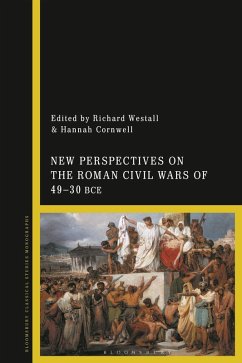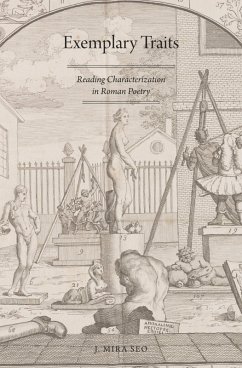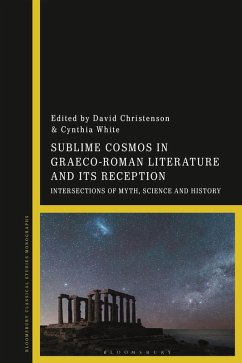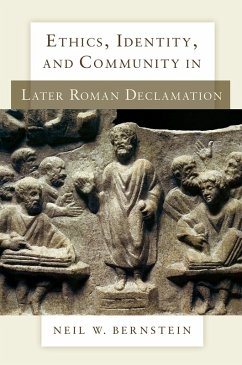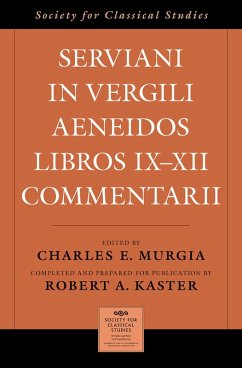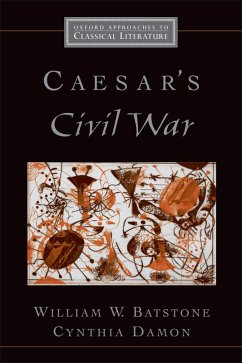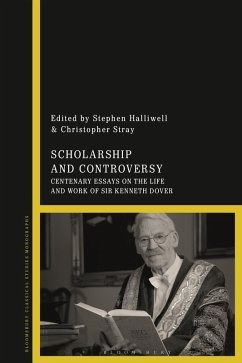
Ronald Knox's Lectures on Virgil's Aeneid (eBook, PDF)
With Introduction and Critical Essays
Redaktion: Knox, Francesca Bugliani
Versandkostenfrei!
Sofort per Download lieferbar
70,95 €
inkl. MwSt.
Weitere Ausgaben:

PAYBACK Punkte
35 °P sammeln!
This book makes available Ronald Knox's hitherto unpublished lectures on Virgil's Aeneid delivered at Trinity College, Oxford, as part of a lecture course on Virgil in 1912. Written with Knox's customary incisiveness and with frequent allusions to contemporary life, the lectures are devoted to the appreciation of the Aeneid and focus on what he called the 'essential and dominant characteristics' that make up its greatness. They deal with Virgil's political and religious outlook, ideas of the afterlife, sense of romance and pathos, narrative style, sources, versification and appreciation of sce...
This book makes available Ronald Knox's hitherto unpublished lectures on Virgil's Aeneid delivered at Trinity College, Oxford, as part of a lecture course on Virgil in 1912. Written with Knox's customary incisiveness and with frequent allusions to contemporary life, the lectures are devoted to the appreciation of the Aeneid and focus on what he called the 'essential and dominant characteristics' that make up its greatness. They deal with Virgil's political and religious outlook, ideas of the afterlife, sense of romance and pathos, narrative style, sources, versification and appreciation of scenery. His interpretation of the relationship between Dido and Aeneas renders redundant the question, much debated to this day, of whether Aeneas loved Dido, and also portrays Aeneas more sympathetically than is currently fashionable. The additional introductory and critical essays by the contributors place the lectures in their historical and scholarly context, bring out their enduring relevance and illustrate how Ronald Knox's distinctive approach might be still developed to advantage. As Robert Speaight noted in his presidential address to the Virgil Society in 1958, 'many of us who love our Virgil will now understand him better because Ronald Knox loved and understood him so well'.







